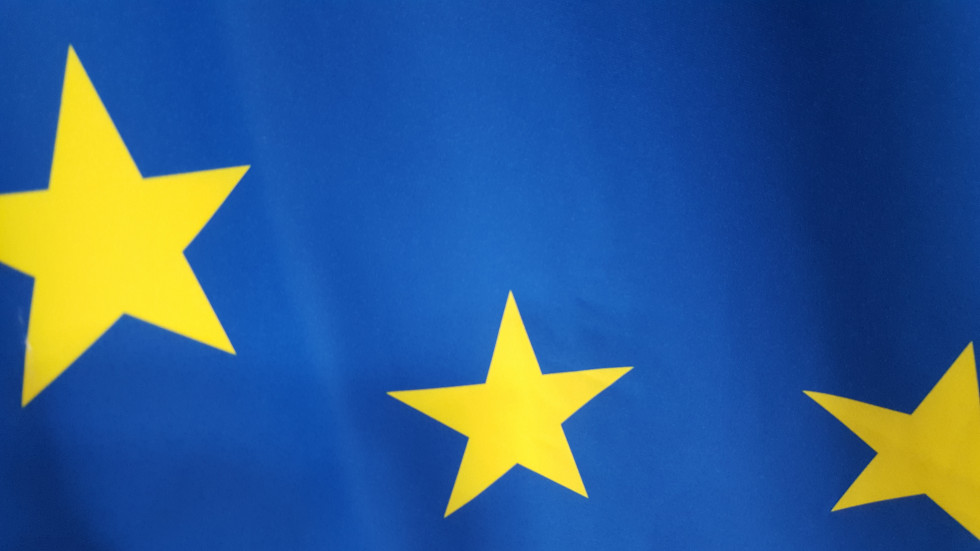Minister Šircelj on the Eurogroup agreement: "We made a step in the right direction. We have some new instruments, and now, we must focus on the recovery. We showed a rational, responsible, quick, but also an ambitious and prudent way to recovery."
Ministers of Finance acknowledge that the coronavirus epidemic poses an unprecedented challenge and that it will have major consequences on the social and economic situation in all Member States. At today’s continuation of the session which began on Tuesday, the ministers, therefore, agreed to add a possibility for euro area countries to access the ESM loans to support the domestic financing of measures strictly related to the COVID-19 epidemic. This instrument represents a safety net for countries and complements the already-presented measures of the European Investment Bank (EIB) and the European Commission (SURE) that are aimed at supporting businesses (especially SMEs) and workers. The members of the euro area will be able to apply for these loans during the time of the crisis, and each country will be offered loans amounting up to 2 % of its GDP. After the expiration of that line, it will be necessary to return to normal and follow the already-established rules. As mentioned, ministers called for a new short-term instrument SURE which will function as a credit line to countries for funding job retention and job-protection schemes.
Ministers of Finance are aware that the economic recovery phase must be considered immediately. They agreed to start working on establishing a temporary fund for economic recovery based on the EU budget and on the programs in line with the solidarity principles and priorities. Within the discussions on the legal and practical aspects of such a fund, the ministers will address appropriate funding as well, due to its temporary and target-oriented nature. The Multiannual Financial Framework for the period of 2021-2027 will also have an important role in promoting recovery, as we will immediately start focusing on mid-term strategies and financing the transition to the normal situation and operation of countries.
"The agreement we reached is a step in the right direction. We have several new short-term mechanisms (EIB, ESM, SURE, the recovery fund). We have established a direction for mid-term recovery and proved that we can succeed as a union. Of course, we have different views, but in the end, it turned out that we know how to work together, find compromise solutions, and continue working on them. I am convinced that this will strengthen the confidence in the EU and its position in the world," minister Šircelj commented on the outcome of the session.
Mário Centeno, the president of the Eurogroup, will report on the reached agreement to the leaders of EU member states.


